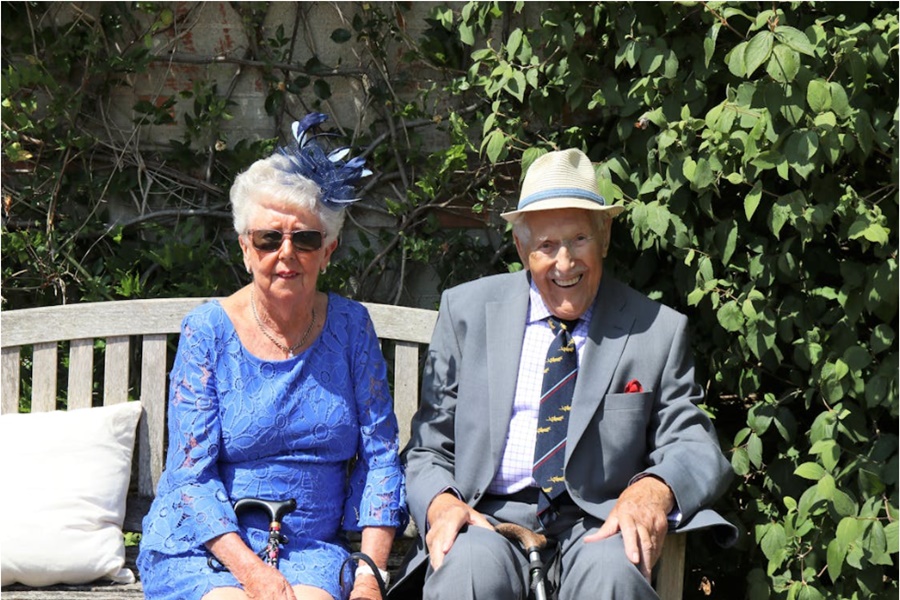
In this article we are going to be providing you with aging theories that are being applied to geriatric nursing as a discipline.
Different disciplines have developed theories of aging due to the complex nature of aging process. These theories will be discussed under the following perspective biological, sociological and psychological theories of aging.
Aging Theories
Aging theories are viewed from different perspectives, this is because of the complex nature pf the process of aging. Some of these perspective include;
1. Biological Aging Theory
Biological theories of aging are divided into three major categories;
Genetic Mutation Theory
This theory state aging as the result of accumulated mutations in the deoxyribonucleic acid (DNA) in the cells that lead to progressive impairment of the functions.
This theory focuses on the role of telomerase enzyme that expressed in germ cells not in the body cells. The telomeres found in the end of chromosomes appear to shorten with each cell cycle in the body. This lead to decrease in cell reproductive capacity and ultimately, cell death.
Oxidative Stress Theory
This theory is based on oxygen free radicals that are generated randomly in cells during oxidative metabolism. These free radicals have the potentials of damaging the cells. These oxygen free radicals have the abilities to combine chemically with proteins which result to break in DNA. The DNA in the mitochondria is probably vulnerable to these types of damage because of its proximity to the oxidative metabolism machinery. The enzymes like superoxide dismutase, an antioxidant enzymes removes these free radicals in normal cells, but these enzymes are found to be decreased in elderly people.
Genetic Program Theory
This theory states that because maximal life span is genetically determined, the aging process is also genetically determined. This implies that regulatory process turns off expression of some genes and turn on others.
Read Also: All You Need To Know About Geriatric Nursing
2. Social Aging Theory
These theory focuses on the rate and relationship in which individuals participate in their later years and on adaptation to accepted social values.
There are five lines of thought concerning the successful way for old people to cope with the various stress to which they are subjected to;
Disengagement Theory
According to Cumming and Henry(1926), the elderly cope best if they accept the inevitability of reduced contact with others, particularly the activities of younger people and manage to enjoy their retreat from the stress of everyday life.
It proposes that aging is a developmental task of itself, associated with particular pattern of behavior that result from simply growing older.
Most people dismissed this theory as not being valid since older people do not tend to withdraw but continue to be active in their churches and communities as long as they are capable.
Continuity Theory
This theory proposed that how a person has been throughout their life is how the person will continue throughout the remaining days of their life.
It states that individuals change very little over time. If they were active and outgoing when they were younger, they are most likely to behave the same way in their old age.
Activity Theory
This theory holds that an older person aware of certain skills must make all the more effort to counter this deterioration on others to maintain a sense of purpose and satisfaction. This theory proposes the opposite of the disengagement theory. It is saying that older people remain active which itself is a sign of healthy living.
Age Stratification Theory
This theory focuses on the interdependence of the older adults with the society and how the aging person is viewed by others. This in other words means that it is the society that determines who is elderly.
Environment Fit Theory
This theory relates the individual’s personal competence within the interactions. It focuses on interrelationships between the competence of a group of people, older adults and their society or environment. The changes in behaviour as people age can be explained in three ways;
- As the person ages, changes may occur in some of the individuals competences that may not be acceptable by the environment.
- As a person ages, the environment may become more threatening and make one feel incompetent to deal with it.
- With rapid advances in technology in all areas of life, the older person might feel intimidated by the chaos and noise around them and tend to become more isolated.
3. Psychological Theory Of Aging
The psychological theory of aging is related to sociological theories of aging. As a person ages psychologically adoptive changes take place that assert the person to cope with or accept some of the biological changes that occur in their body.
These adoptive mechanism include memory, learning capacity, feeling, intellectual functioning and motivation to engage or not engage in particular activities. Psychological aging incorporates both behavioural changes and also developmental aspects related to the older adults.
Psychological theory as regards to aging has 3 school of thought;
Jung’s Theory Of Individuals
Jung stated that successful aging is when a person can look deeply inside him/her self and is able to evaluate and value past accomplishment and accept ones limitations.
Course of Human Life Theory
This theory was propounded by Buhler. He stated that old age is a time one no longer have life goals.
Erikson’s Stage of Life Theory
This theory states that an elderly person has a psychological crisis of ego integrity versus despair. It went further to say that older adults can look back with sense of satisfaction and acceptance of life and death.
It also states that unsuccessful resolution of this crisis may result in sense of despair in which individuals view life as a series of misfortunes, disappointment and failure.
We hope this information was helpful?, feel free to ask your questions in the comment section below.